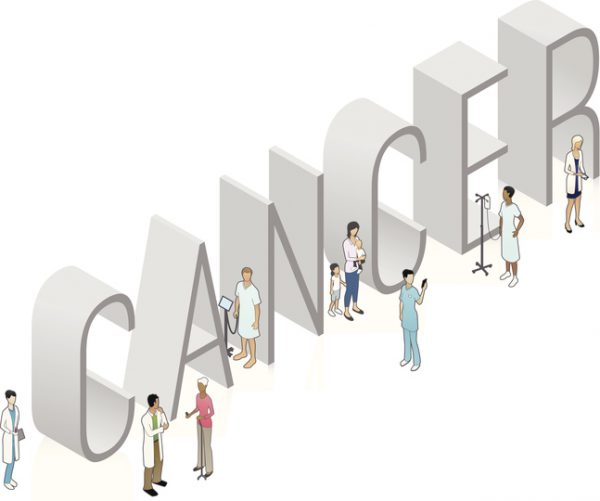
Oncology data company Flatiron Health and the FDA‘s Information Exchange and Data Transformation (INFORMED) Program have revealed a two-year renewal and expansion of their research collaboration.
The partnership, which started in 2016, has focused on how real-world evidence can support regulatory decision-making and offer insight into cancer treatment trends and clinical outcomes.

Behavioral Health, Interoperability and eConsent: Meeting the Demands of CMS Final Rule Compliance
In a webinar on April 16 at 1pm ET, Aneesh Chopra will moderate a discussion with executives from DocuSign, Velatura, and behavioral health providers on eConsent, health information exchange and compliance with the CMS Final Rule on interoperability.
During the first part of their alliance, Flatiron provided the FDA with de-identified datasets to offer insights on cancer patients with advanced non-small cell lung cancer who are treated with immunotherapy. The research has been published in The Oncologist.
Moving forward, the two entities will focus on topics related to using real-world evidence in regulatory decision-making, including validation of real-world clinical endpoints, characterization of data quality, collaboration on new analytic methodologies and exploration of real-world control arms.
Additionally, the organizations will evaluate real-world cancer populations who are typically underrepresented in clinical trials. Flatiron will also engage with the FDA through its life sciences partners.
In a statement, Richard Pazdur, director of the FDA’s Oncology Center of Excellence, noted:

A Deep-dive Into Specialty Pharma
A specialty drug is a class of prescription medications used to treat complex, chronic or rare medical conditions. Although this classification was originally intended to define the treatment of rare, also termed “orphan” diseases, affecting fewer than 200,000 people in the US, more recently, specialty drugs have emerged as the cornerstone of treatment for chronic and complex diseases such as cancer, autoimmune conditions, diabetes, hepatitis C, and HIV/AIDS.
The FDA recognizes the tremendous importance of analyzing treatment data from the real world. Traditional clinical trials have long provided the high-quality evidence the FDA needs to determine whether a product is safe and effective for its intended use, but traditional trials do not always represent the real world, lack clinical context, and may not provide sufficient follow-up to truly understand the impact of a new therapy on real-world patients. We believe that regulatory-grade real-world data can help inform our decision-making so that we can provide cancer patients with better care.
The connection between the FDA and Flatiron doesn’t stop at research.
In December, the agency tapped Flatiron Health’s Amy Abernethy as its principal deputy commissioner of food and drugs. An oncologist, Abernethy served as the New York City company’s as chief medical officer, chief scientific officer and senior vice president of oncology. She joined Flatiron in 2014.
Photo: mathisworks, Getty Images












